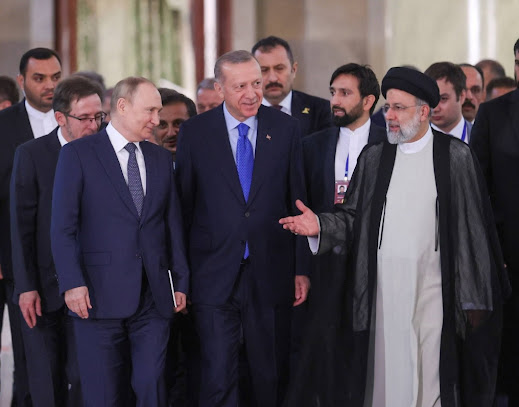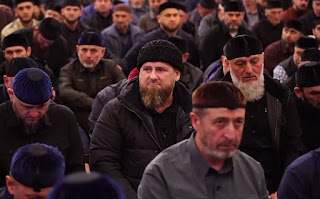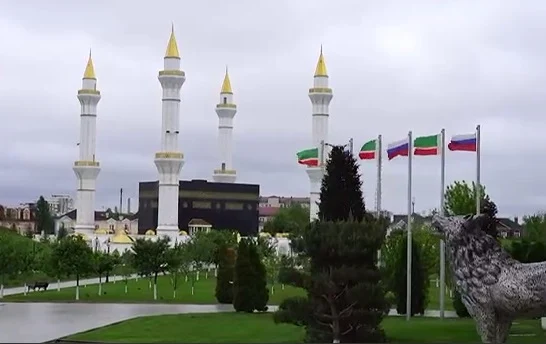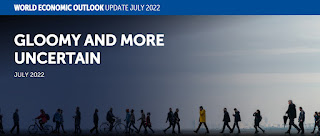
Lavrov criticizing the dependence on the US “dollar” to support the global economy: The globe is going through an important historical period and people will have to choose the type of world they want to live in
Lavrov said, during a press conference in the Ethiopian capital, Addis Ababa, that relying on the US currency to support the global economy “was not very promising,” noting that countries are turning to using alternative currencies “more and more,” according to the African News website.
"This process will gain momentum," the Russian minister noted.
Lavrov explained that the globe is going through an "important historical period, and people will have to choose what kind of world they want to live in."
"The universe is based on the United Nations Charter, which states that the United Nations was founded on the principle of sovereign equality of states, or we will have a world in which the right of the strongest prevails," the Russian foreign minister continued.
During his visit in Ethiopia, Lavrov held meetings with the country's President, Sahle Work Zewde, and his Ethiopian counterpart, Demke Mokkenen.
Lavrov seeks to convince African leaders that Moscow cannot be blamed, either for the conflict or the food crisis, while Moscow blames the blockade on Ukrainian mines, according to "Africa News".
On Tuesday, the Russian Foreign Minister arrived in the Ethiopian capital, Addis Ababa, for a two-day visit, on the last leg of his African tour.
Lavrov also visited Egypt, the Republic of the Congo and Uganda, as part of a tour aimed at mobilizing support for his country, which is facing Western sanctions over its war against Ukraine.
Since the outbreak of war between Russia and Ukraine in late February, the African Union has taken a neutral stance towards the crisis.




























































































